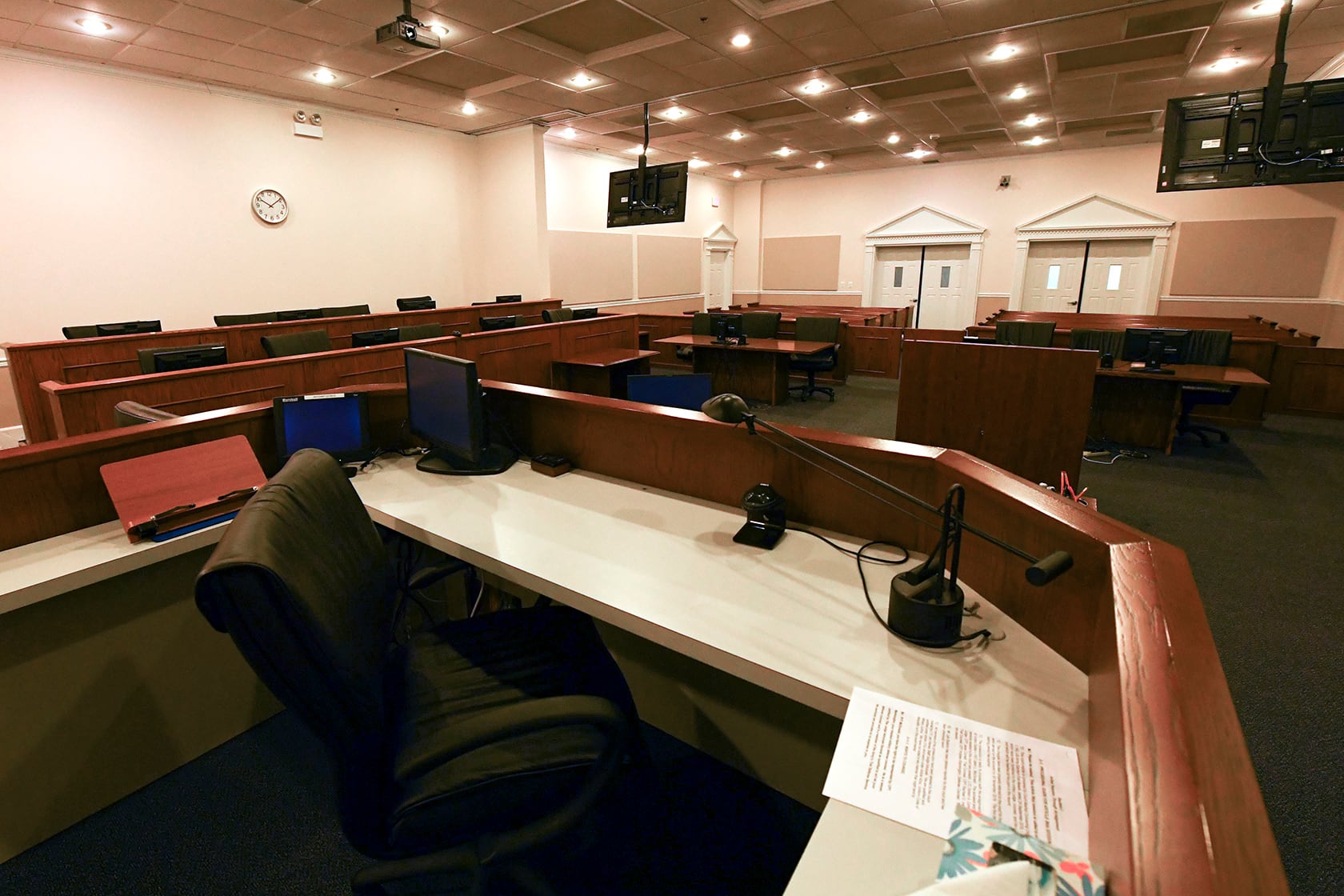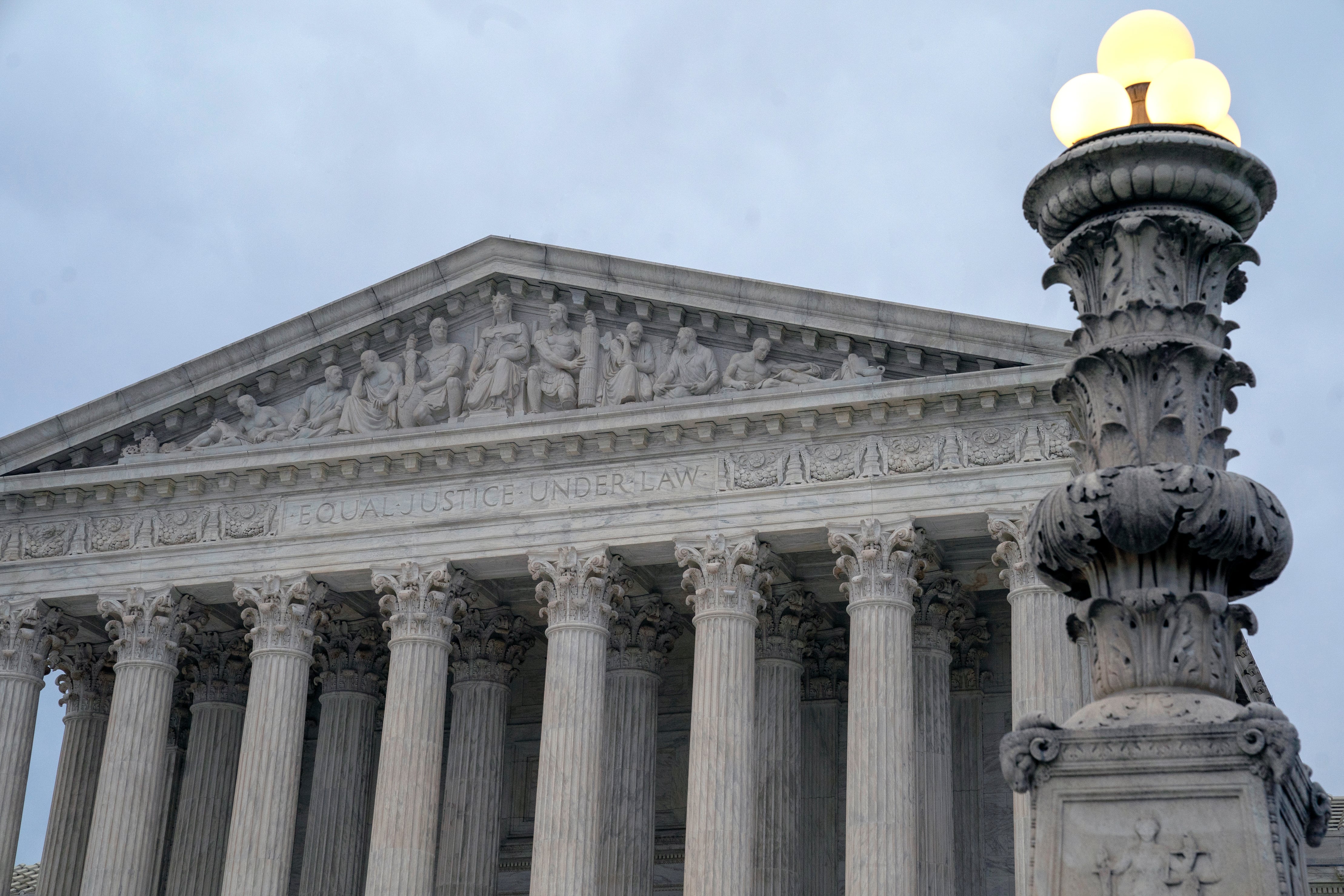The Supreme Court again on Monday opted not to hear a challenge to the legal precedent barring individuals from suing the military for medical malpractice, a decision blasted by Justice Clarence Thomas as short-sighted and unfair.
“Unfortunate repercussions — denial of relief to military personnel and distortions of other areas of law to compensate — will continue to ripple through our jurisprudence as long as the Court refuses to reconsider (this issue),” Thomas wrote in his dissent to the court’s decision not to take up the challenge.
The move once again shifts from the courts to Congress debate on how to fix problems surrounding the Feres Doctrine, a 1950 Supreme Court decision that blocks troops from claiming medical malpractice damages for actions related to their military service. At the time, the court found that military personnel injured by the negligence of another federal employee cannot sue under the Federal Tort Claims Act.
RELATED

Advocates were hopeful that the high court might reconsider the legal precedent by hearing the case of Daniel v. United States, which had been among potential pending cases for the court in recent months.
The case involves former Coast Guard Lt. Cmdr. Walter Daniel, whose wife, Rebekah, a Navy lieutenant, died in 2014 after bleeding to death following the birth of her daughter. She was a labor and delivery nurse at Naval Hospital Bremerton, Washington, where she died. Walter Daniel’s lawyers alleged that military doctors failed to react properly when she began bleeding excessively.
Because of the Feres doctrine, his lawsuit had been rejected by lower courts.
On Monday, the majority of the Supreme Court agreed with that decision and opted not to revisit the case. In addition to Thomas, Justice Ruth Bader Ginsburg voted in favor of allowing the issue to move ahead.
Military officials have repeatedly argued the precedent is needed to prevent frivolous lawsuits related to combat decisions. They also note that the Defense Department already has a compensation system in place for service members who die while on duty.
But critics have said the Feres doctrine has been too broadly interpreted, depriving troops of compensation and justice that they could receive if they were civilians.
Thomas wrote that by refusing to re-examine the issue, the Supreme Court has allowed the Feres doctrine to be twisted and strengthened over the years. He also lamented that Congress could find ways to address the issue “but it did not.”
RELATED

Last month, Rep. Jackie Speier — D-Calif., and the chairwoman of the House Armed Services Committee’s personnel panel — announced new legislation to create an exemption in the Federal Tort Claims Act for military malpractice lawsuits
The new bill is named for Sgt. 1st Class Richard Stayskal, a Green Beret fighting stage-four lung cancer because of Army doctors errors. His lawyers have filed suit against the military but anticipate the same legal barriers as the other Feres doctrine cases have faced.
A hearing on the issue was held by the House Armed Services Committee last month, but no additional progress on the legislation has been announced. Advocates are planning a rally in Washington, D.C. on June 12 to push for congressional action on the issue.
“Congress must summon the courage to correct this antiquated law,” said Natalie Khawam, an attorney for Stayskal and one of the organizers of the event. “Congress now has the opportunity to fix this injustice. We need to stand up and ask Congress to support our troops.”
Leo covers Congress, Veterans Affairs and the White House for Military Times. He has covered Washington, D.C. since 2004, focusing on military personnel and veterans policies. His work has earned numerous honors, including a 2009 Polk award, a 2010 National Headliner Award, the IAVA Leadership in Journalism award and the VFW News Media award.





